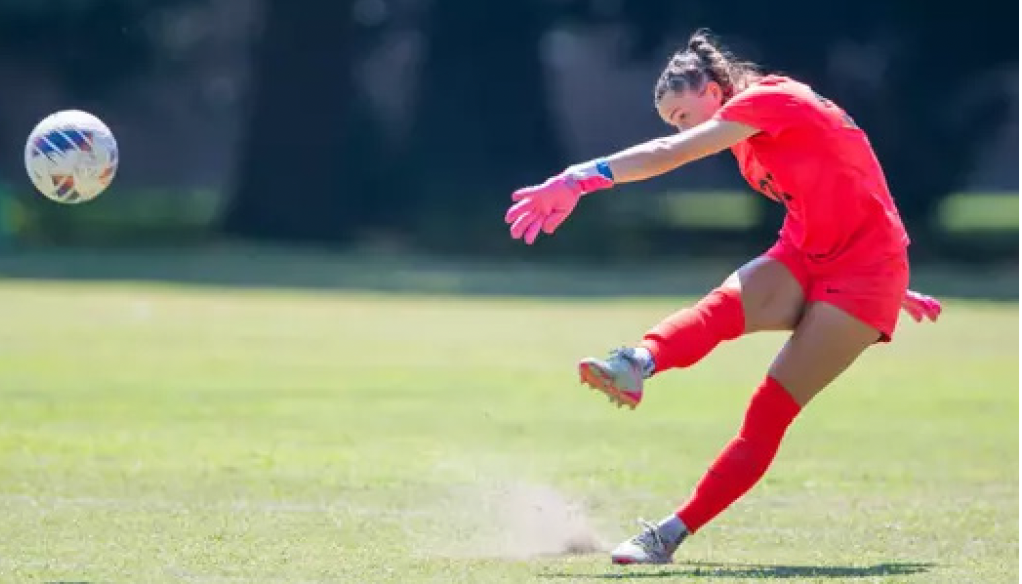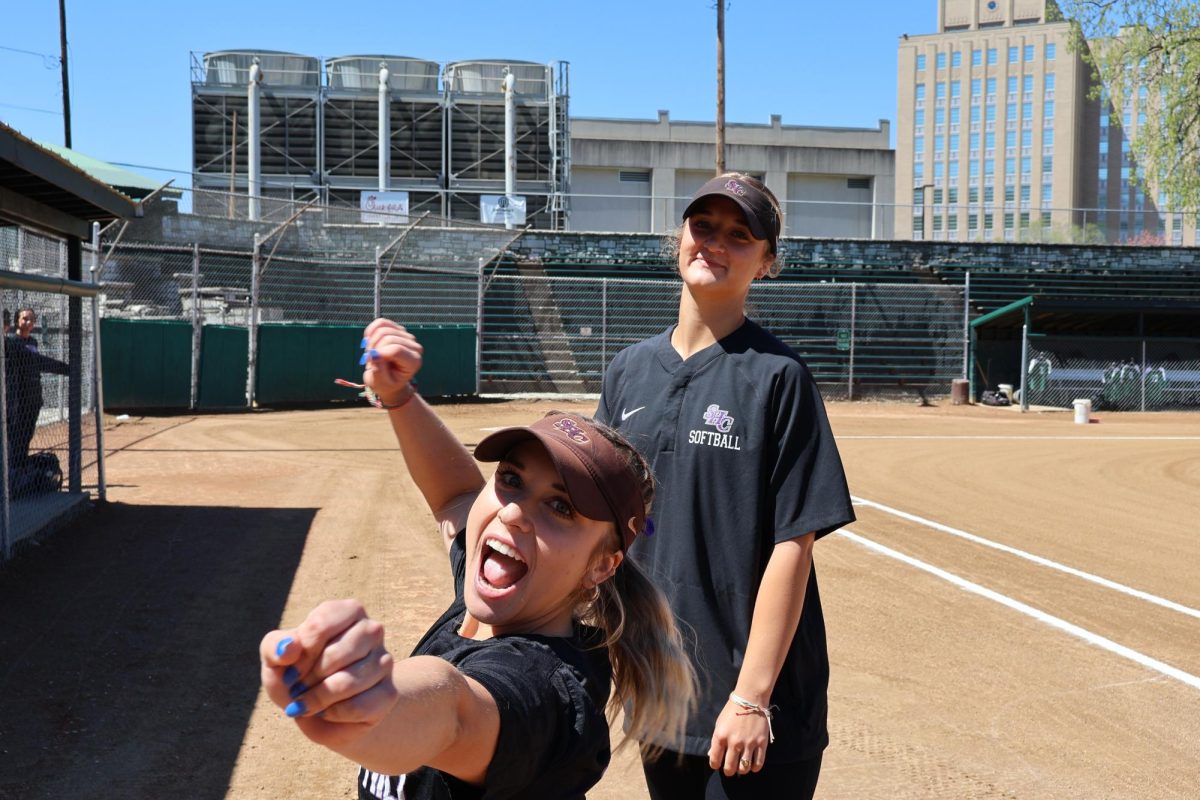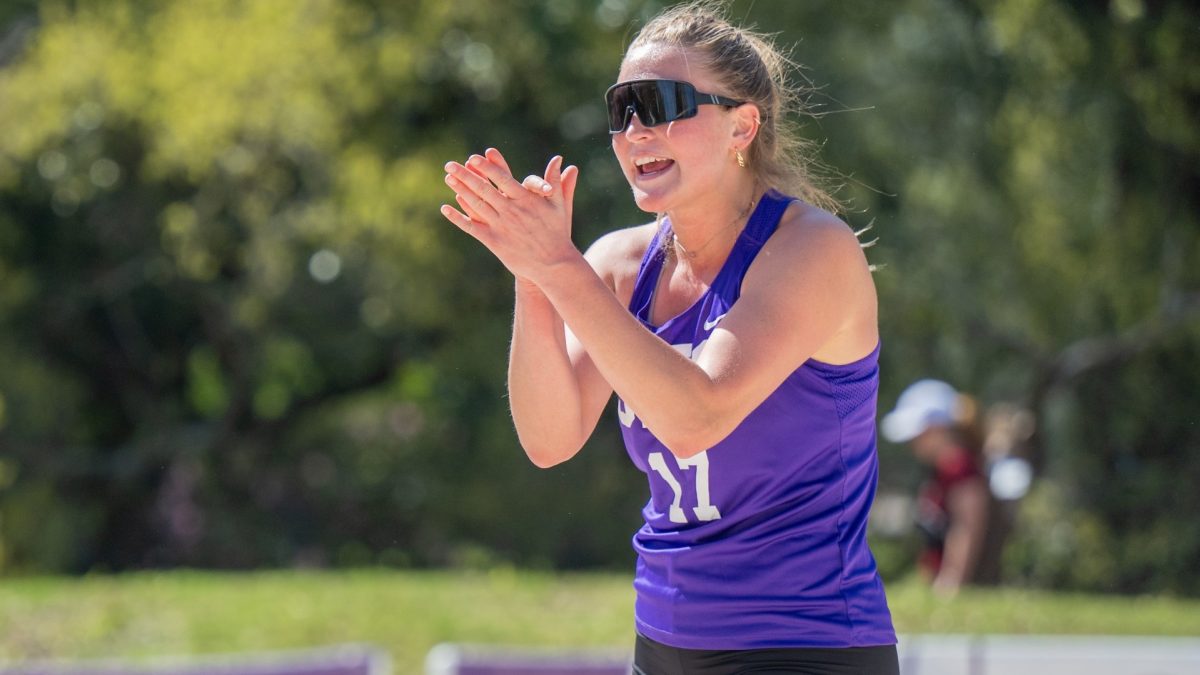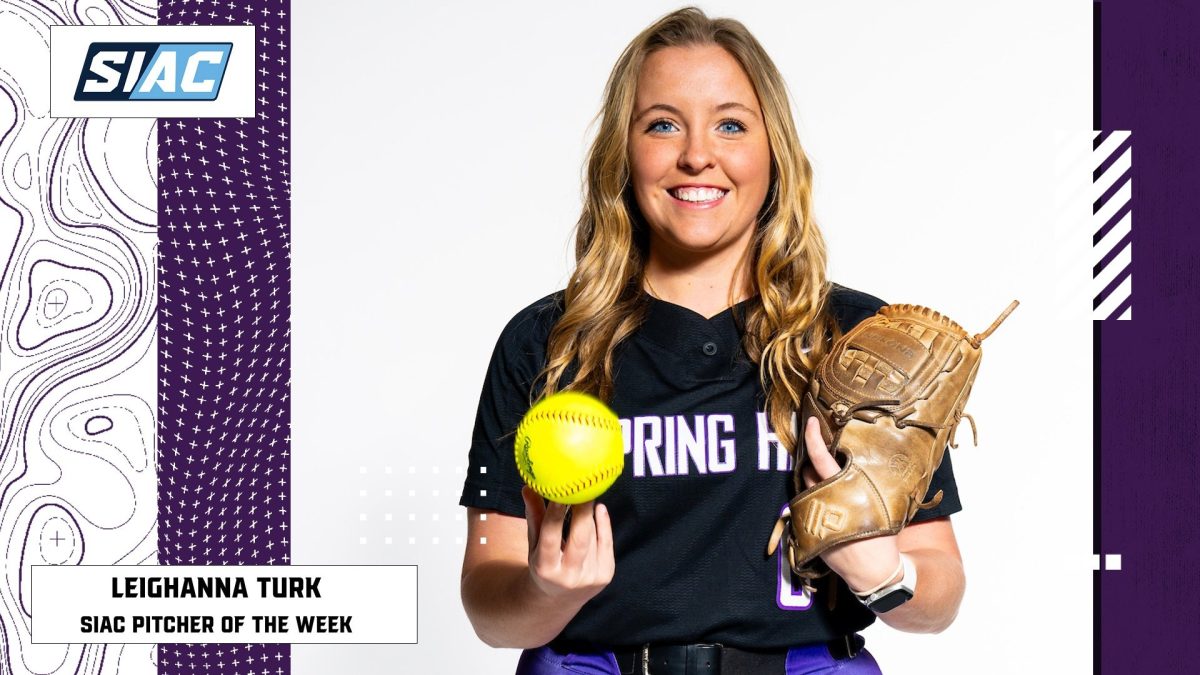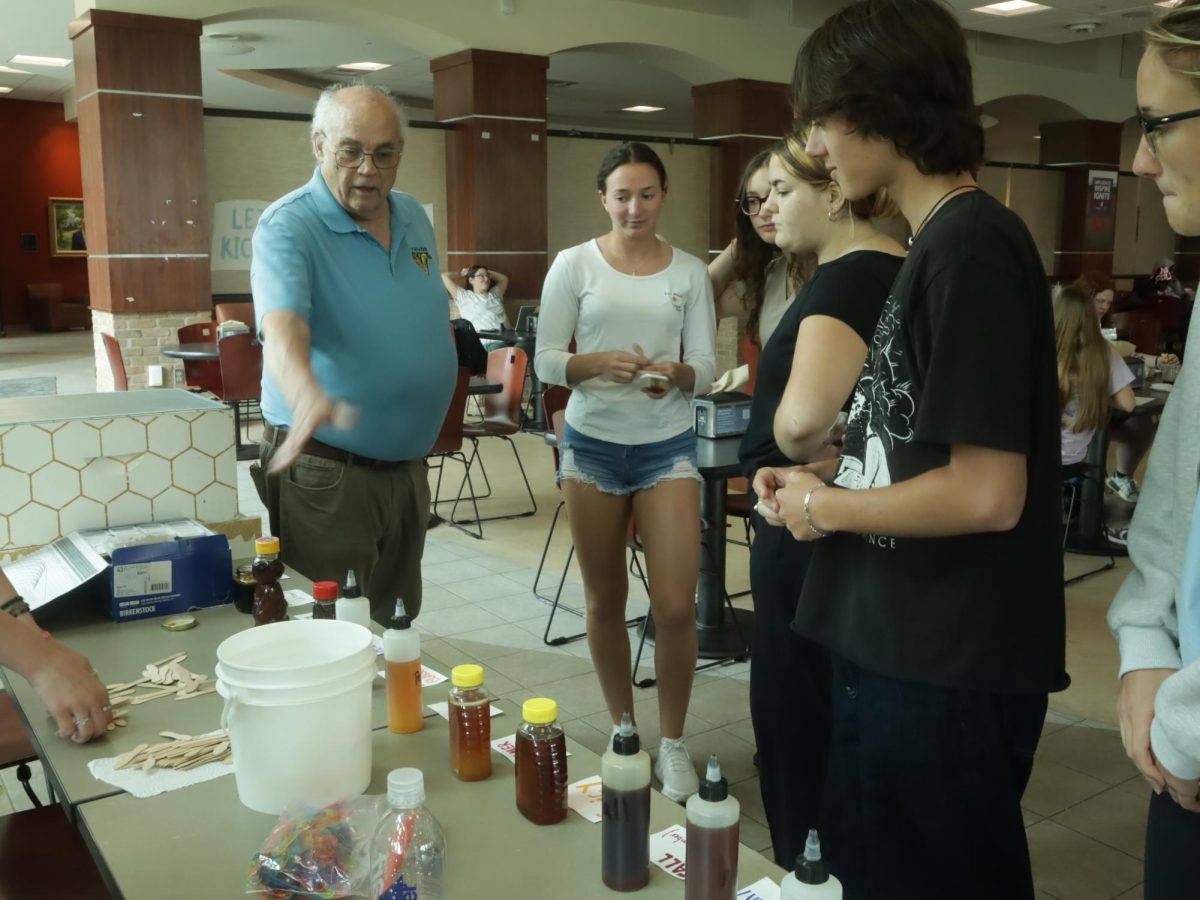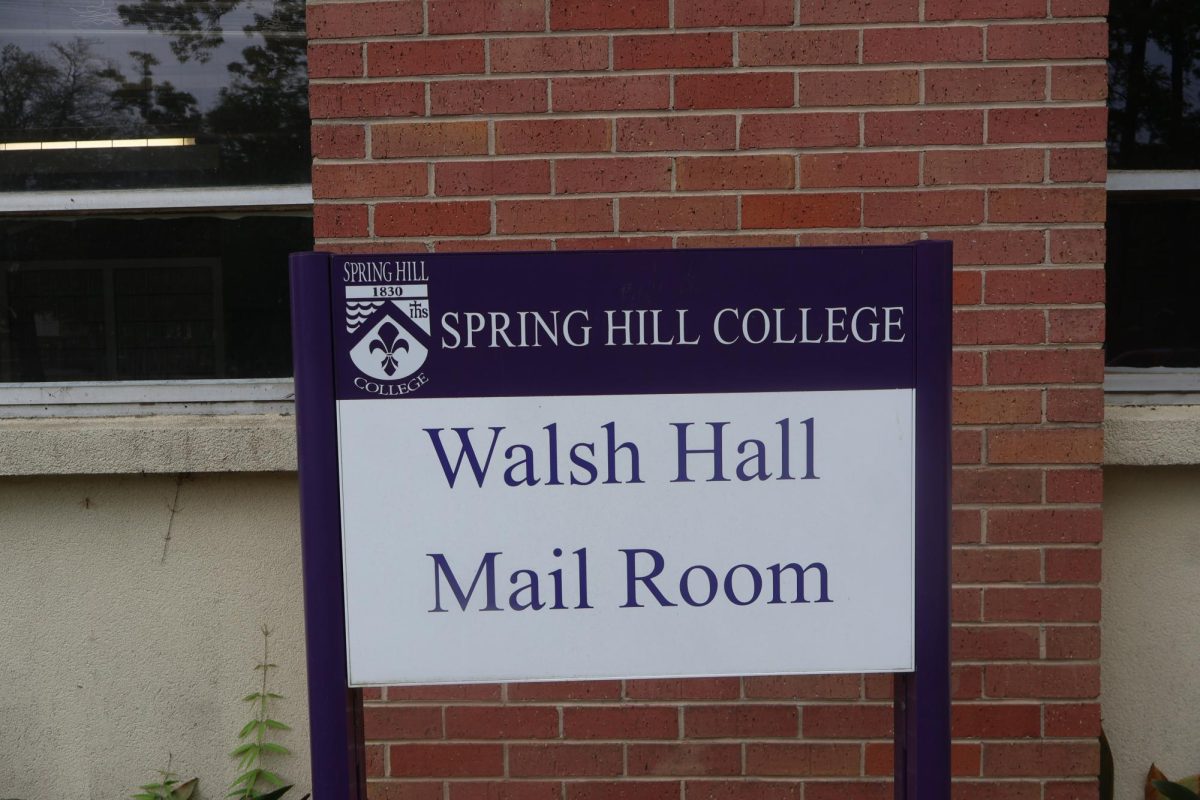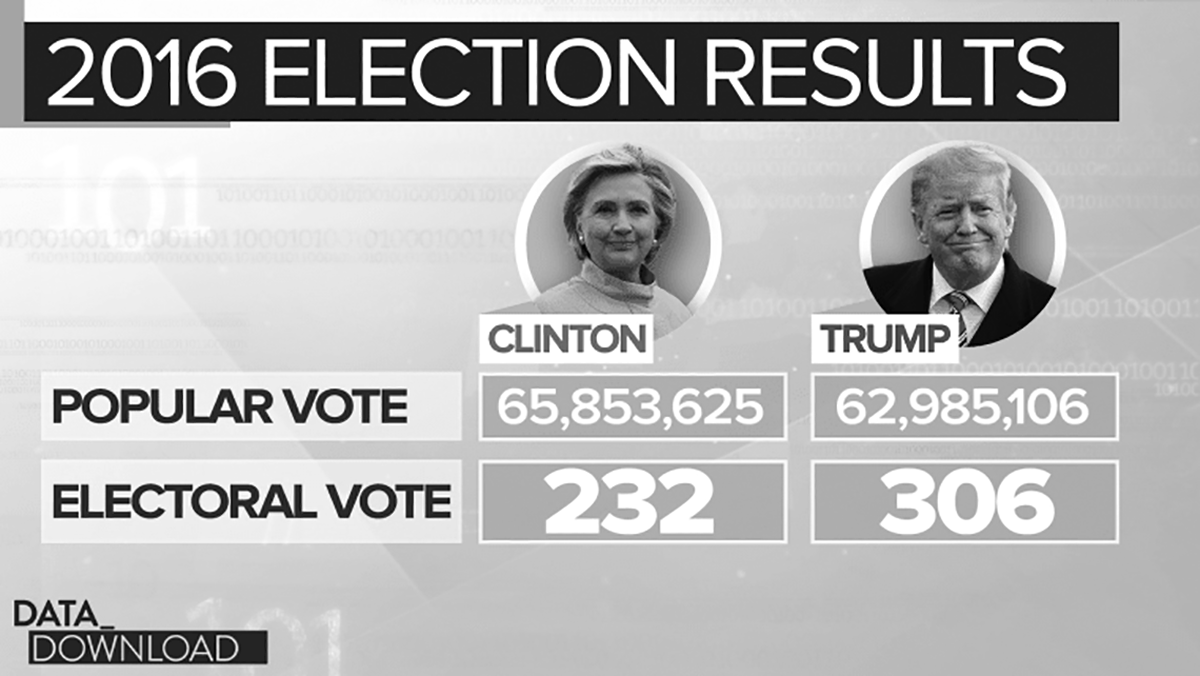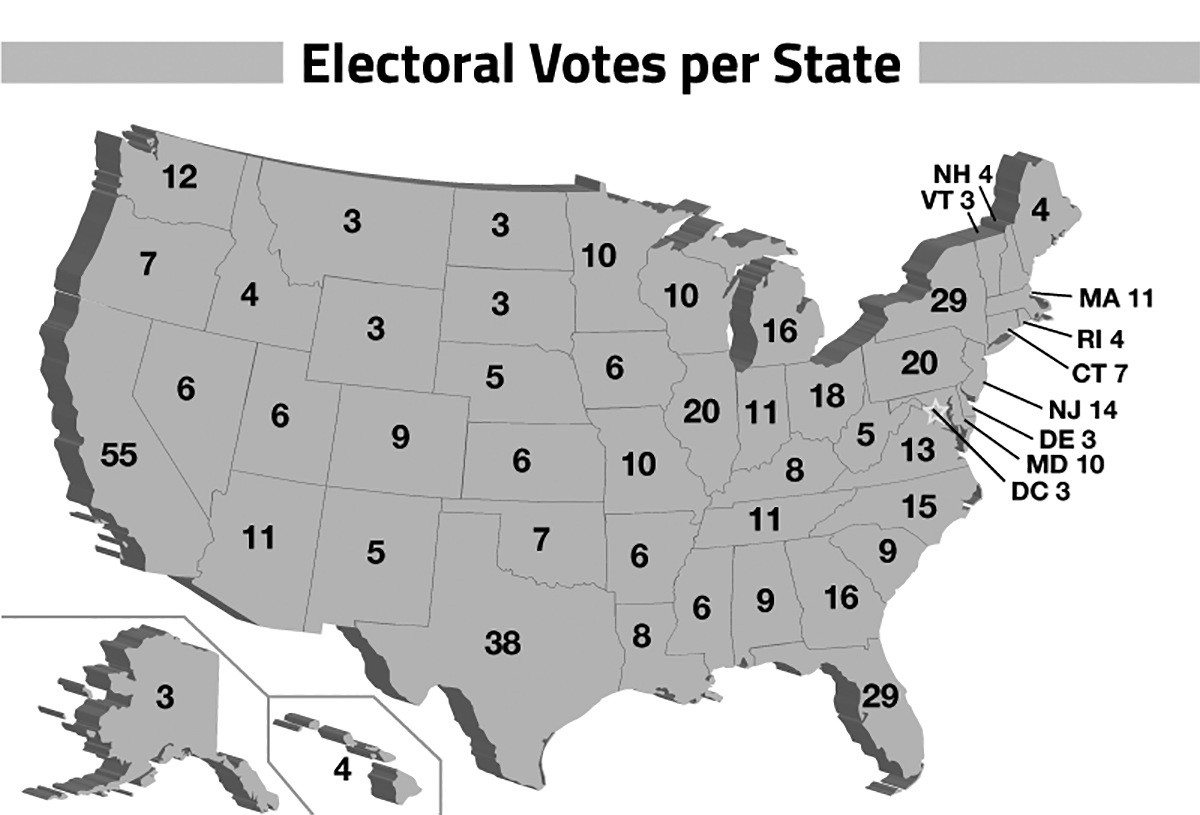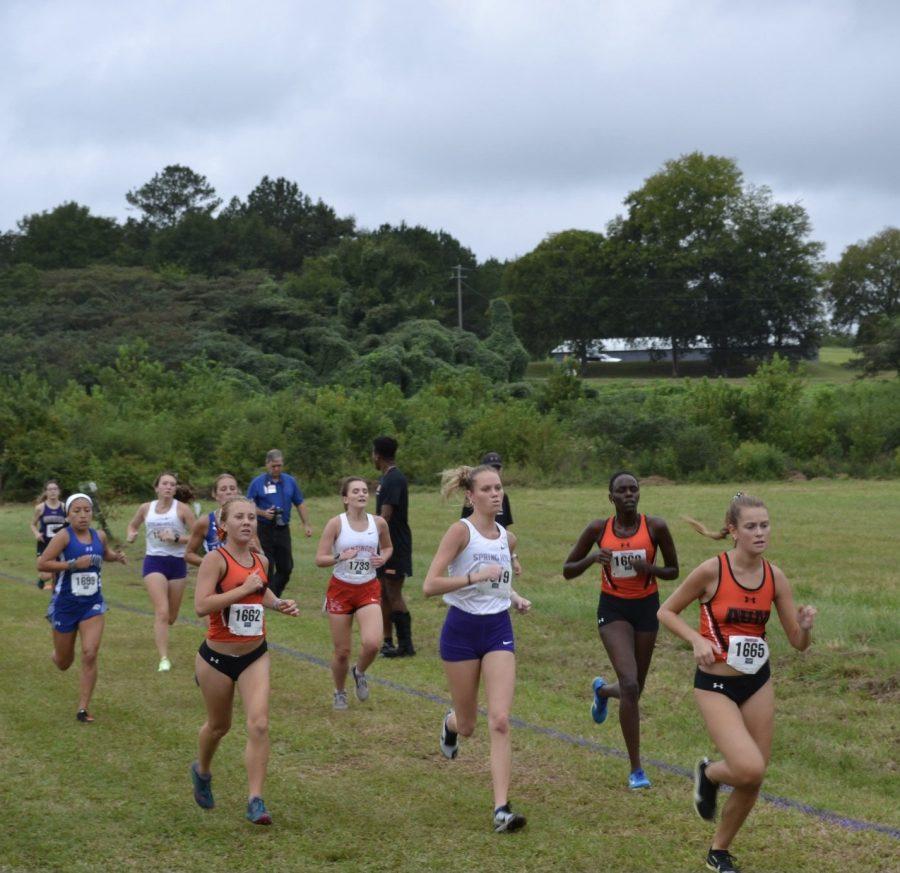Spring Hill College has begun the fall athletic season with COVID-19 protocols in place. Nonetheless, the possibility of additional NCAA measures exists going forward, according to SHC Athletic Director Joe Niland.
Niland said on Sept. 14 that the current plan for student-athletes includes testing all athletes, vaccinated and unvaccinated, before they go to their sporting event and after they get back to campus. The current policy also requires unvaccinated student-athletes to get tested three times a week.
Spring Hill has been “following the CDC and NCAA [guidelines],” Niland said. He added, “I expect the NCAA and the CDC to say, ‘you need to test everybody.’” This would cause an increase in the original expected number of testings for vaccinated student-athletes.
Women’s golf player Olivia Leinhart stated, “I think it could become necessary in the future for vaccinated athletes, but I don’t think it is necessary at this moment.” The COVID-19 has produced multiple variants since the beginning of the outbreak. The Delta variant has been a popular topic due to its infectious nature. According to data from the CDC, “the Delta variant was more infectious and was leading to increased transmissibility when compared with other variants, even in some vaccinated individuals.”
Spring Hill soccer player Hayden Franklin stated, “with all the variants coming out I can understand the possibility of this in the future. I trust the vaccine, but ultimately I would rather be safe than sorry.” The Delta variant is more than twice as contagious as previous variants. The CDC states, “the greatest risk of transmission is among unvaccinated people who are much more likely to get infected, and therefore transmit the virus.” It is still possible that fully vaccinated individuals get the virus, known as breakthrough cases.
Data from the CDC shows that fully vaccinated people with symptomatic infections of the Delta variant are still capable of transmitting the virus. The CDC states that vaccines approved in the United States are highly effective preventing severe symptoms and death, including the symptoms caused by the Delta variant. It should be noted the vaccine is not 100 percent effective, and that breakthrough infections may still happen. The CDC maintains, “For all people, the vaccine provides the best protection against serious illness and death.”
The state of Alabama has one of the lowest vaccination rates in the nation. According to the Alabama Department of Public Health, “Just 34 percent of Alabamians are fully vaccinated.” The state saw an increase in the number of COVID-19 cases as the Delta variant gained traction throughout the nation. Senior track and field athlete Emma Lind said, “after hearing how others have struggled with the symptoms of COVID and how vicious the recovery was, it served as an incentive for the vaccine to me.”






